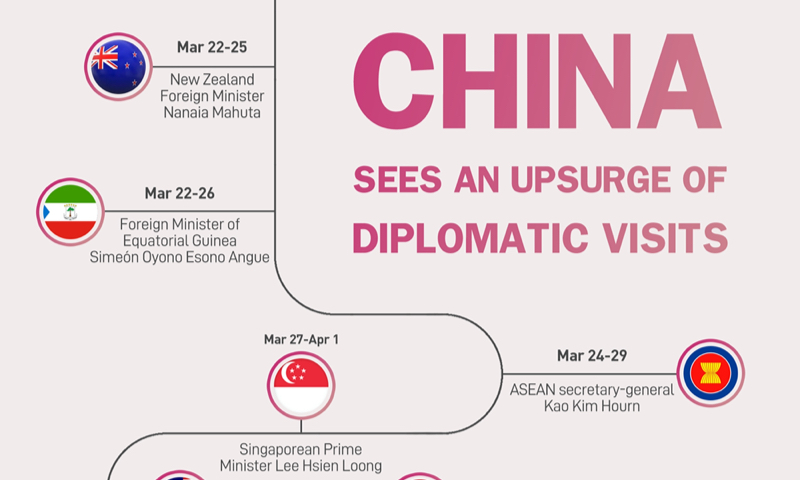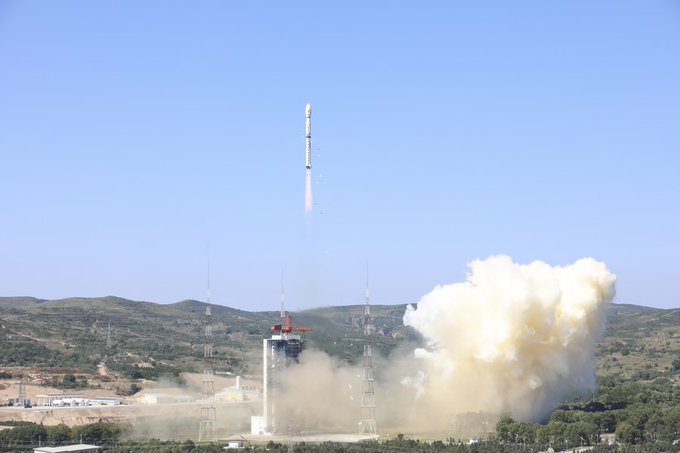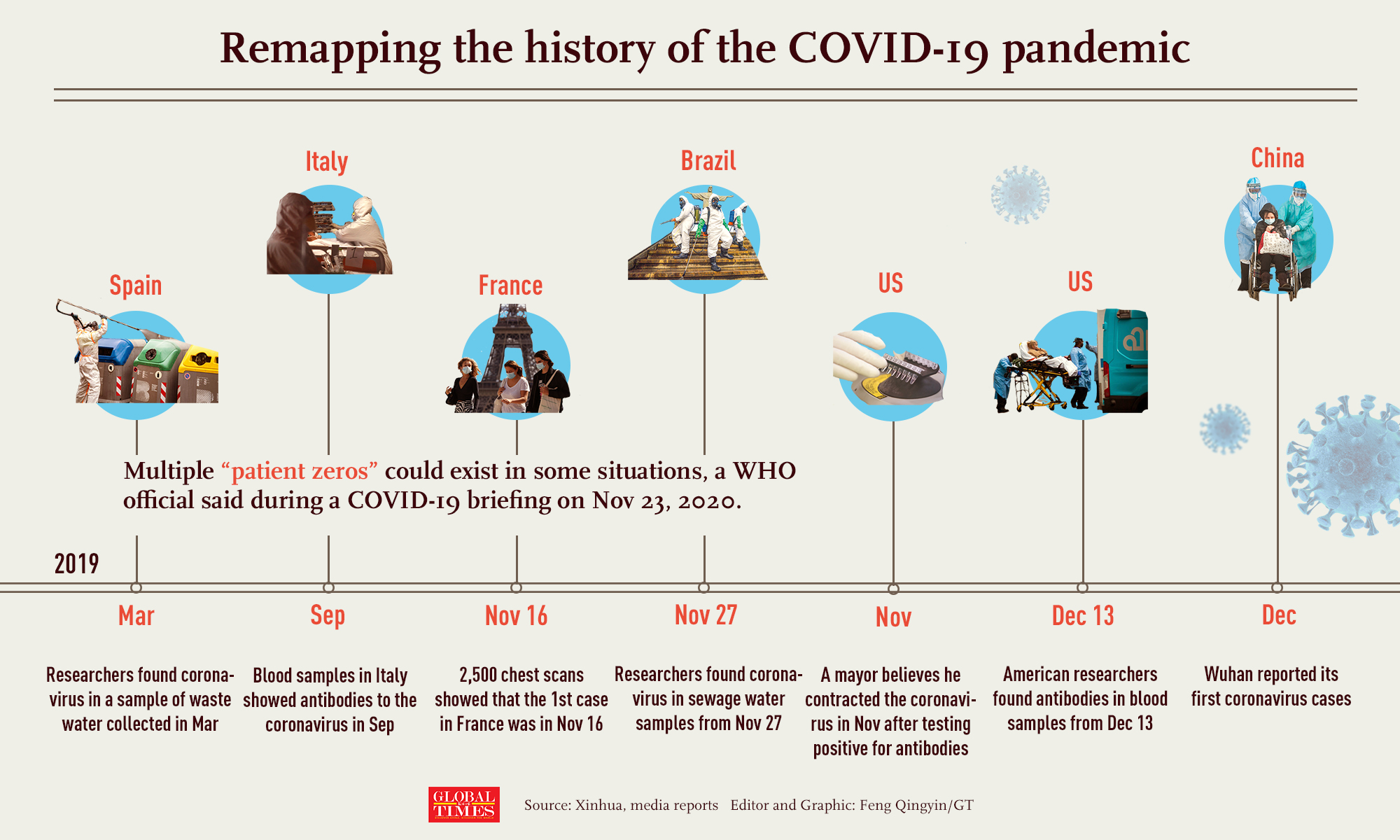
But keep cool, negative volatility will likely be followed by positive volatility
The coronavirus (Covid-19) outbreak has officially reached Western shores.
Since last week, the virus has spread to Europe, Brazil and the Middle East.
New cases have emerged across Europe.
There have been more than 81,000 people infected with nearly 3,000 deaths so far.
Just the previous Wednesday on Feb 19, stocks in the US were complacently at record highs, never mind that Asian markets were roiling and taking huge hits, thanks to the coronavirus that first took roots in Wuhan, China.
Asia has been battling this disease since January. Markets have been volatile but have since recovered as the number of infections have reduced and governments have been diligent at handling the disease.
It is like the domino effect, with the same reactions, panic and emotions that happened throughout Asia now migrating to the West.
It is almost deja-vu, seeing the fear and market reaction, no doubt the impact to the Dow and S&P 500 has a significantly larger impact.
The Covid-19’s largest impact is the fear it has transmitted with rapid speed.
In the US, stocks fell for a sixth straight day on Thursday, with the S&P 500 price index falling 4.4% and bringing this pullback officially into correction territory. On a six-day basis, the Dow Jones was down 13.4% at 25,766.64.
This plummet followed California governor Gavin Newsom’s revealing on Thursday that the state was monitoring 8,400 people for potential Covid-19 infections.
Adding to the bleak outlook, Goldman Sachs slashed its profit outlook and warned the outbreak could cost Donald Trump his reelection in November.
The MSCI all-country global index has dropped more than 7% over this six-day period. Considering stocks were at record highs the previous Wednesday, this is very harsh and painful.
Why, Tesla was all the hype earlier in February. It was US$901 on Feb 21, and new higher target prices were being touted by analysts, nevermind that the stock still didn’t have a price to earnings ratio.
In the last five days, Tesla’s share price had tumbled more than US$200 or 32.7% as of Thursday to close at US$679.
Don’t panic
For the average investor, panic has likely set in.
Whose confidence level would not be shaken with a 12% decline in the S&P 500 in six trading days?
Now talk of a 20% decline is starting to emerge.
Meanwhile the 10-year US treasury yield dropped below 1.3%, remaining in record-low territory.
The downward spiral in oil also continued with WTI crude toppling 2.71% to trade at US$47.41 per barrel on Thursday. Brent oil hovered at the US$51.42 level. So just barely two months into 2020, it is Covid-19 which has been responsible for crushing markets and dismantling profits across the globe.
Many have already slashed market forecasts for the year.
In the past two market stories featured on StarBizweek, readers would know that Fisher MarketMinder thinks that fears over the virus’ market impact are overdone. It thinks that this is part of a longer-running pattern prevalent throughout this bull market.
“The stock market will do what it does – rise and fall.
“If you’ve got a plan based on your risk tolerance and investment horizon, don’t let fear make you swerve in the wrong direction and lose traction.
“Panic is never a good investment strategy, ” says Fisher MarketMinder.
It adds that Covid-19 is grabbing attention because it is new and somewhat novel, but that doesn’t mean its economic effects far outweigh more familiar diseases.
The Center for Disease Control and Prevention estimates that there were 34,200 deaths in the United States from influenza during the 2018-2019 flu season.
For infections of Covid-19 outside of China, the mortality appears very low.
Furthermore, the people who are dying tend to be the old and immuno-suppressed or otherwise sick.
“Supply chain disruptions as officials work to contain the outbreak probably dent growth temporarily, but markets are efficient and likely pricing in these expectations as companies issue statements.
“Short-term volatility could linger, but patience should pay off, in our view, ” it adds.
As legendary investor Ben Graham once said, stocks are a voting machine in the short term and a weighing machine in the long term.
“Sentiment wins in the short term, but fundamentals matter most over more meaningful stretches.
“The ‘why’ and ‘how much’ behind sentiment swings strike us far less important.
“The emotional swing itself is what matters.
“Market fundamentals likely didn’t change on a dime seven days ago, ” says Fisher MarketMinder.
Thursday’s drop simply put US stocks back at mid-October levels.
Furthermore, the world hasn’t fundamentally changed.
While there is no way to know when this drop will end or how much further it will fall, no drop is permanent.
“Whether the rebound starts in days or weeks, whether it is fast or slow, if you have held on thus far, we think you ought to reap the good that comes with the bad.
“Corrections hurt your long-term returns only if you don’t participate in the rebounds that follow them.
“Selling may feel good at a time like this. But when you remove emotion from the equation, all it does is transform a market decline into an actual portfolio loss, ” says Fisher MarketMinder.
Another investor who is cheering is one of the smartest investors in the world, Warren Buffett, chairman and CEO of Berkshire Hathaway.
He says the stock market rout we’re witnessing today is “good for us.”
“We’re a net buyer of stocks over time, ” he says on CNBC.
“Most people are savers, they should want the market to go down.
“They should want to buy at a lower price.”
Buffett’s comments came as Dow futures were down by about 800 points or 3% on Monday as stocks around the world plunged as the Covid-19 outbreak escalated.
Regarding the coronavirus specifically, Buffett made clear that he is “not a specialist.” And he warns that “a very significant percentage of our businesses one way are affected.”
However, he reiterates that investors should be more focused on the long term, not the short term.
“If you’re buying a business, and that’s what stocks are… you’re gonna own it for 10 or 20 years, ” he says.
“The real question is has the 10-year or 20-year outlook for American businesses changed in the last 24 hours or 48 hours?” the legendary investor asks.
Read more:





















































